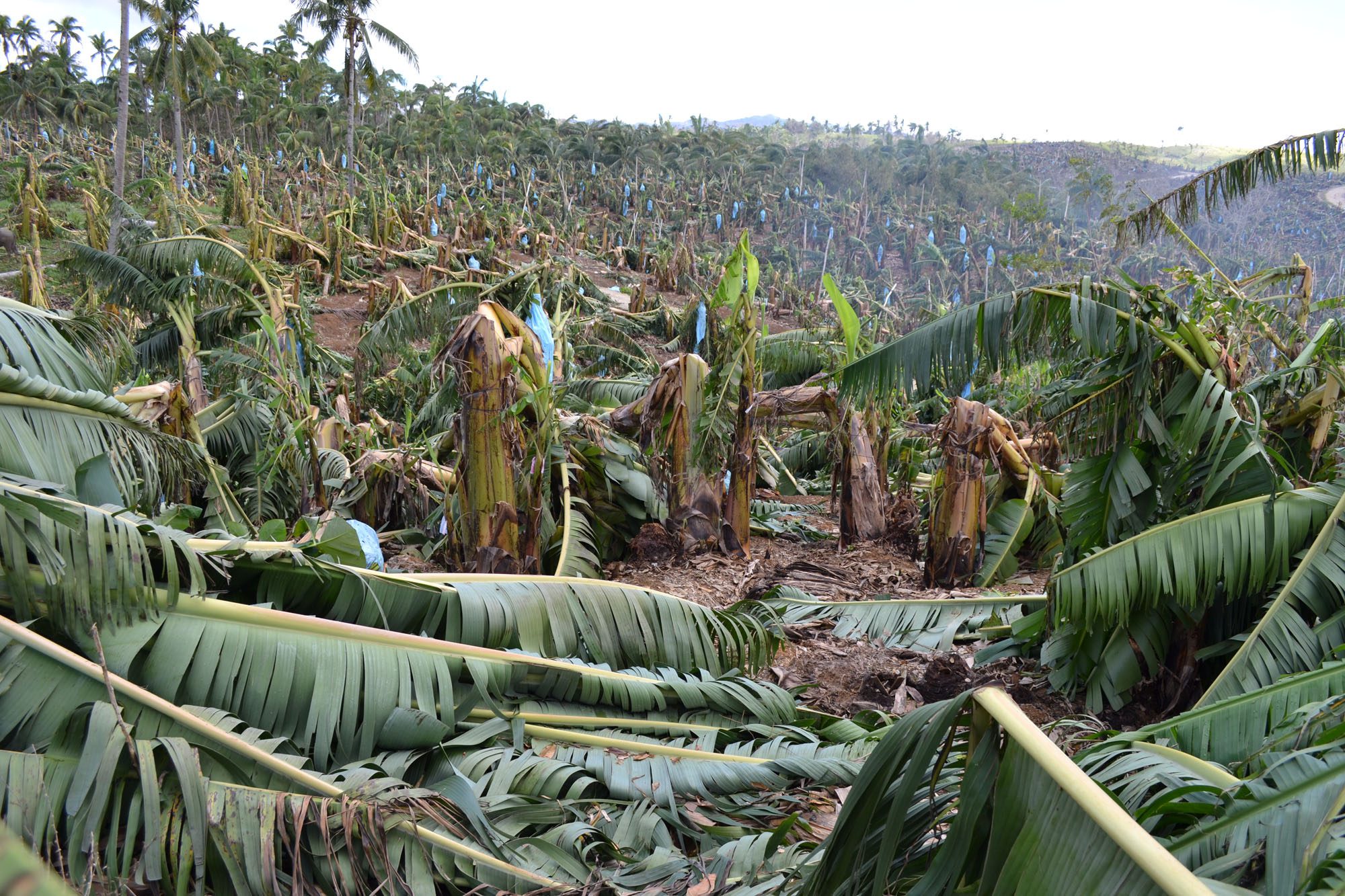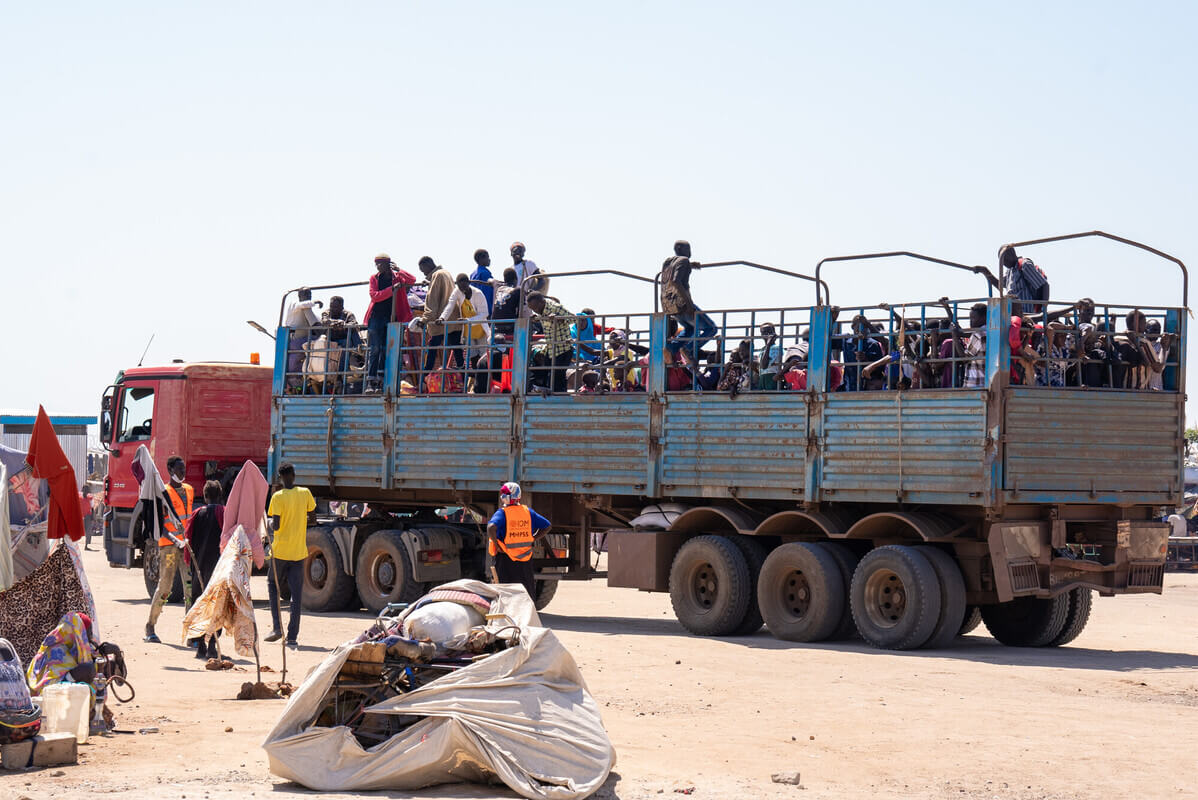In the wake of the powerful Typhoon Bopha, known locally as Pablo, we have started an emergency response in the hardest hit communities on the southern island of Mindanao.
Working with the Humanitarian Response Consortium – a group of local agencies – our key priorities include getting clean, safe drinking water to disaster-hit areas and establishing basic sanitation facilities.
Water treatment supplies and hygiene kits are being sent to the worst-hit areas in Compostela Valley and Davao Oriental provinces, where around 505,000 people have been severely affected.
Our emergency response will also include providing cash support and starting cash-for-work projects to help families buy food, clothing and shelter needs.
Our humanitarian program coordinator, Paul del Rosario, said it would take a long time for people to recover from the impact of Typhoon Bopha.
“The needs are enormous. In the short term, we need to get people urgent help – basic shelter and access to safe water and food.
“In the medium to longer term, we need to support families with livelihoods. Farming communities have been the worst hit and it could take many years for them to fully recover,” he said.
Mother-of-nine Fatima Espinosa, from Kadiwa village in Laak municipality, said people had lost their homes and belongings.
“Everything that we worked to build up has been destroyed,” the 36-year-old said. “Our homes have almost all been destroyed or washed away, except for a very few. When you see the people in the community now, especially the younger children, it’s really difficult.”
The emergency response is expected to last for seven months and will target 12,000 families. It will be the biggest rural response to a natural disaster that the agencies have ever mounted in the Philippines.
You can help by making a donation to our International Crisis Fund today.



